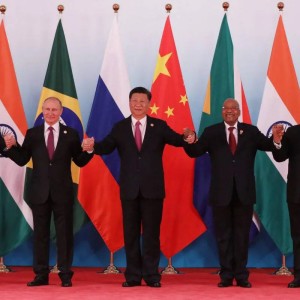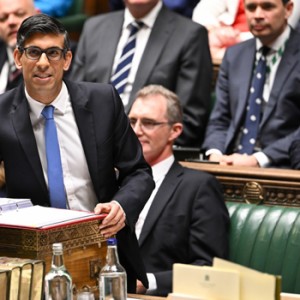The European Commission published plans on Tuesday to cut the EU's dependency on Russian gas by two-thirds this year and end its reliance on Russian supplies of the fuel "well before 2030".
The European Union executive said it will do so by switching to alternative supplies and expanding clean energy more quickly under the plans, which will largely be the responsibility of national governments for implementing.
The Russian invasion of Ukraine last month has triggered an overhaul of the 27-country EU's energy priorities as Brussels seeks to wrest countries free from depending on Russia, which supplies around 40% of the bloc's natural gas.
The new plans come on top of climate change policies the EU is currently negotiating, which are designed to cut emissions faster this decade and would alone cut EU gas use by 30% by 2030.
The Commission said gas and liquefied natural gas from countries like the United States and Qatar could this year replace more than a third, 60 billion cubic metres (bcm), of the 155 bcm Europe gets annually from Russia. And by 2030, increased biomethane and hydrogen use could also help.
New wind and solar projects could replace 20 bcm of gas demand this year, while tripling capacity by 2030, adding 480GW of wind and 420GW of solar energy, which could save 170 bcm a year.
Turning down thermostats by 1°C could save an extra 10 bcm this year, while by 2030, replacing gas boilers with 30 million heat pumps could save a further 35 bcm, the Commission added.
Some countries are seeking more EU funding to protect consumers from soaring European gas prices, which hit fresh highs this week. Countries can tax energy companies' profits from high gas prices, to offset higher electricity bills, the Commission said. The International Energy Agency has said such taxes could raise 200 billion euros ($218 billion) this year.
Gas flows to Europe have so far been steady since the invasion, which Russia calls a "special military operation".
However, Moscow on Monday warned that Western sanctions on Russian oil - an idea supported by the United States, but which has split EU nations - could prompt it to close a major gas pipeline to Europe.
The EU will also propose rules by April requiring EU countries to fill gas storage 90% by Oct. 1 each year. EU storage is currently 27% full.
Europe has enough gas in storage and supply from other countries to see it through this winter, but analysts say a prolonged halt to Russian imports would hit Europe's economy and require emergency measures such as factory closures.














